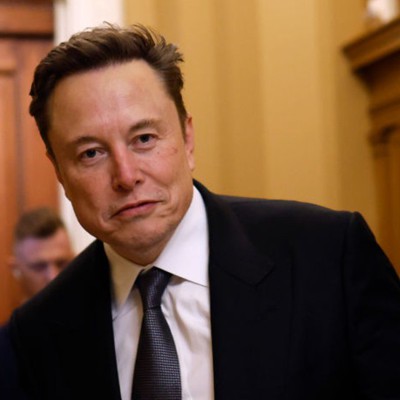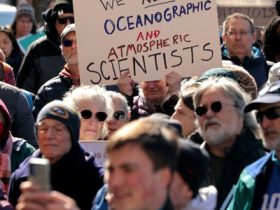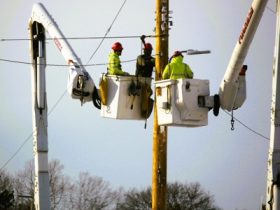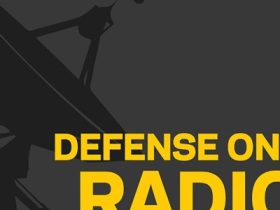Elon Musk’s recent designation as a “special government employee” only adds to the potential for conflicts of interest in the Trump administration, ethics experts said.
Musk, who is running the White House’s DOGE effort, is also CEO of SpaceX, which has received about $3.3 billion in unclassified prime revenue over the past 12 months, according to USASpending.gov. Ethics rules require federal employees to recuse themselves from any decision that they know can affect their financial interests.
In general, a special government employee serves in an advisory capacity to lend their expertise on a temporary basis. They can serve up to 130 days per year.
Richard Painter, a former White House lawyer and prominent government-ethics expert, said Musk might be susceptible to criminal prosecution if he does not recuse himself.
“I don’t think the ethics lawyer is following Elon Musk all over the place to make sure he is following the rules, but it is a criminal statute, so we better be careful,” said Painter, now a professor at MidAmerican Nazarene University. “He’s got to watch himself on this.”
President Trump can give Musk a waiver of the criminal conflict-of-interest law. But Painter said that move is very rare and should be publicly disclosed.
The White House has said that Musk has “abided by all applicable federal laws.”
Musk’s financial-disclosure forms are confidential, but the databases of the federal Office of Government Ethics should indicate whether he has filed Form 450 disclosures. Those forms are not showing up so far.
The disclosure form requires a wide range of information on assets and sources of income, including for a spouse and dependent children. Other required information includes liabilities and gifts and travel reimbursement.
In the past 12 months, SpaceX and its Starlink satellite-communications subsidiary have received contracts worth $1.7 billion from NASA, $1.3 billion from the Air Force, and $199.2 million from the Defense Information Systems Agency. No other agency has had more than 0.01% of SpaceX’s contract obligations, according to USASpending.gov. The X social-media platform does not appear to have significant federal revenue.
Musk’s activity as a special government employee is uncharted territory, because he has moved well beyond the advisory role most such employees play. As leader of the Department of Government Efficiency effort, he has sent people into a wide variety of agencies. He is targeting the U.S. Agency for International Development. The Education Department is also a target of Musk. DOGE officials also won a standoff with the Treasury Department and gained access to U.S. financial systems, which allows them to see any unclassified financial transaction by the government. This includes Social Security payments, payroll and benefits for federal employees, and payments to contractors.
Within the past two days, the White House has started to call Musk a special government employee after receiving questions about his legal authority for his actions.
Painter said a court could compel the release of Musk’s financial-disclosure forms if the government were sued by someone who could prove standing to press the case. Such an argument might focus on Musk working more than the number of days allowed and “he’s carrying out functions that aren’t really special government employee functions,” he said. “Therefore, under the Ethics of Government Act of 1978, his financial disclosure form should be publicly available.”
Painter expects that kind of challenge to come if Musk’s actions continue to go beyond consulting and advice.
“I could see some judge saying, ‘This is not a special government employee’,” he said.
Read the full article here








Leave a Reply